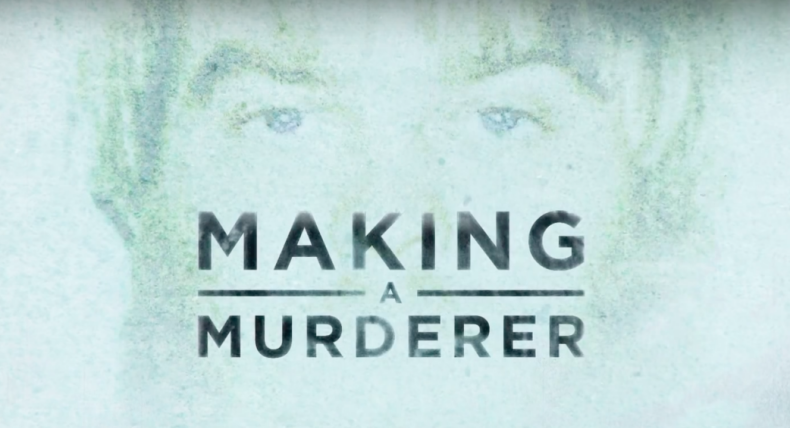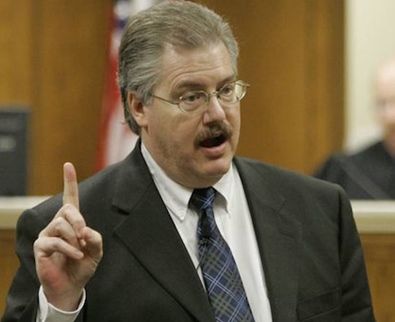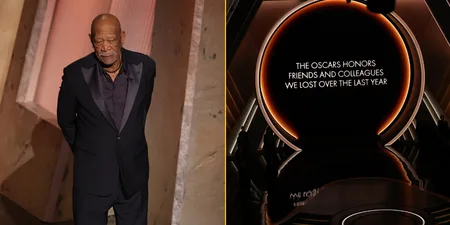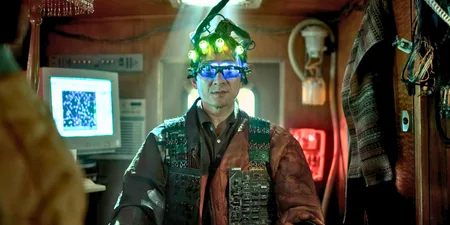The TV world is split into two camps right now; those that have seen ‘Making a Murderer’ on Netflix and those that are going to see it.
Not to give too much away but Netflix’s latest smash-hit documentary follows the real-life case of Steven Avery, a man that served 18 years for a crime that he didn’t commit.
Now his freedom is on the line again, and some want to see him put away for good. The scope of this feature is stunning in how it details corruption in local law enforcement, small town prejudice and the life of a high-stakes criminal case where reputation is everything and things are never as they appear.

In an interview with The Wrap, filmmakers Moira Demos and Laura Ricciardi addressed the recent criticisms of the documentary made by former prosecutor Ken Kratz in People Magazine.
Kratz argues that the creators left out “key evidence” that caused the jury to come to their final decision regarding the fates of Steven Avery and Brendan Dassey. But Demos doesn’t agree:
“I guess I would ask Kratz what he would trade it for,” she said. “We tried to choose what we thought was Kratz’s strongest evidence pointing toward Steven’s guilt, the things he talked about at his press conferences, the things that were really damning toward Steven.
“That’s what we put in. The things I’ve heard listed as things we’ve left out seem much less convincing of guilt than Teresa’s DNA on a bullet or her remains in his backyard.”
Ricciardi expains: “To state this another way, I’d say that all of the most significant evidence of the state is in the series. It was a nearly six-week-long trial, and it would just be impossible for us to include all of the less significant evidence.”

The duo also hit back at Kratz’s comments about not wanting to “muddy up a perfectly good conspiracy movie with what actually happened”.
Ricciardi says: “This is coming from a man who argued in closing arguments that reasonable doubts are for innocent people. This is coming from a man who said, ‘So what if the key was planted?’ This is coming from a man who was forced out of office for admittedly sending sexually suggestive text messages to a domestic-violence victim whose case he was prosecuting.
“We are confident. We stand by the project we did. It is thorough. It is accurate. It is fair. That is why it took us 10 years to produce it. As I’ve said before, Ken Kratz is entitled to his own opinion, but he’s not entitled to his own facts.”
It seems that the world is still hungry for even more information on this gripping case and in an interview with Mashable, Demos and Ricciardi said that they have discussed the possibility of revisiting this gripping story.
“The original footage is still growing. We are continuing to document the story. We still speak to Steven, we’re still recording calls with him. In a way, we’re still in production.”







































